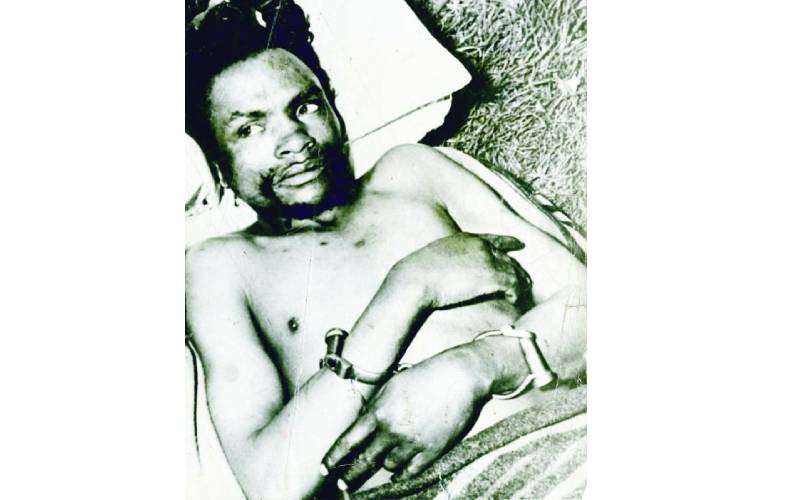×
The Standard e-Paper
Fearless, Trusted News

For four years he dodged numerous snares set by the government. There were a number of plots by fellow freedom fighters to assassinate him and assume his leadership.
Thousands of bounty hunters were combing every village and forest in Mt Kenya in search of Field Marshal Dedan Kimathi, who had a price on his head.